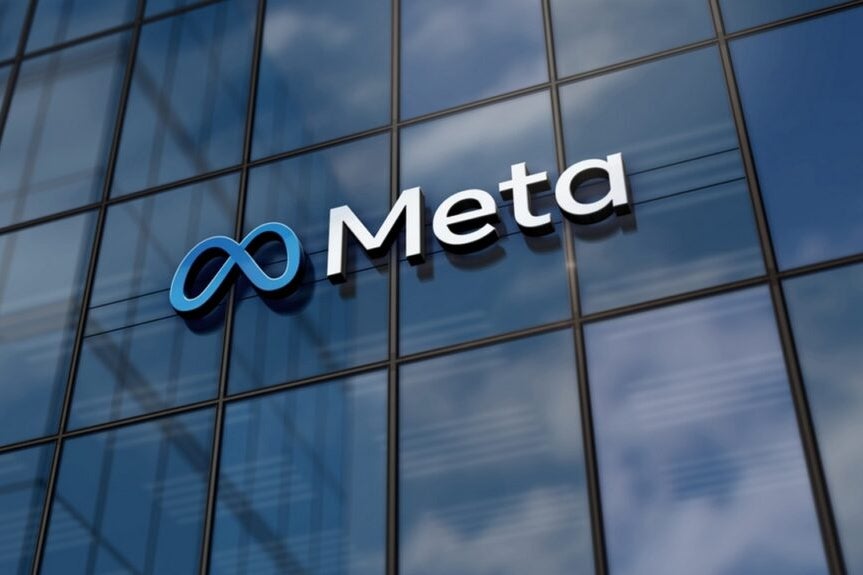Meta’s Historic $32 Million Settlement: A Landmark Moment in Privacy Enforcement
In a significant development for privacy regulation, Meta Platforms, the parent company of Facebook, has reached a landmark $32 million settlement with the Australian government in response to the infamous Cambridge Analytica privacy breach. This settlement not only serves as a financial penalty but also symbolizes a pivotal moment in the ongoing global effort to hold digital giants accountable for their data practices. As regulators worldwide ramp up scrutiny of tech corporations, this case may signal a new era of privacy enforcement.
Understanding the Cambridge Analytica Breach
The Cambridge Analytica scandal erupted in 2018 when it was revealed that the political consulting firm harvested the personal data of millions of Facebook users without their consent. This data was used to influence voter behavior during critical political campaigns, including the 2016 U.S. presidential election and the Brexit referendum in the UK. The scandal raised serious questions about data privacy, consent, and the ethical use of user information by tech companies.
In Australia, the breach was particularly concerning, as it highlighted vulnerabilities in the country’s data protection framework. The Australian Information Commissioner launched an investigation into Facebook’s practices, leading to the recent settlement. The $32 million payment reflects not only the severity of the breach but also the growing determination of regulators to impose significant consequences on companies that violate privacy laws.
Implications of the Settlement
This historic settlement has far-reaching implications for both Meta and the broader tech industry. Here are some key takeaways:
- Increased Regulatory Scrutiny: The settlement underscores the trend of heightened scrutiny of digital platforms by regulators worldwide. Governments are more willing to take action against companies that mishandle user data, setting a precedent that could lead to further legal challenges for Meta and others.
- Financial Consequences: While $32 million may seem like a drop in the bucket for a corporation like Meta, it signifies a shift toward more substantial penalties for privacy violations. Companies may need to reassess their data handling practices to avoid similar financial repercussions.
- Public Trust and Reputation: The fallout from the Cambridge Analytica scandal has already damaged Facebook’s reputation. Continued legal troubles and settlements may further erode public trust in the platform, prompting users to reconsider their engagement with the service.
The Evolution of Privacy Regulations
The Meta settlement is part of a broader trend in the evolution of privacy regulations. In recent years, governments across the globe have recognized the urgent need to protect citizens’ personal data more effectively. The General Data Protection Regulation (GDPR) in the European Union and the California Consumer Privacy Act (CCPA) in the United States are prime examples of this shift.
As these regulations have taken hold, companies are increasingly facing the pressure to enhance their data privacy measures. The Meta settlement serves as a reminder that companies cannot take user data for granted; they must prioritize transparency and consent in their operations.
The Role of Consumers in Privacy Enforcement
As privacy regulations evolve, consumers also play a crucial role in holding companies accountable. Awareness of data privacy issues is at an all-time high, and consumers are more informed about their rights than ever before. This shift in consumer behavior is pushing companies to adopt more responsible data practices.
In Australia, the public response to the Cambridge Analytica breach has led to calls for stronger data protection laws. Citizens have petitioned for greater transparency and control over their personal information, prompting lawmakers to consider reforms that would enhance privacy protections.
Future Challenges for Meta and the Tech Industry
Looking ahead, Meta and other tech giants will face several challenges as they navigate the complex landscape of privacy enforcement:
- Compliance Costs: As regulations become stricter, companies will need to invest significantly in compliance measures. This includes hiring legal experts, implementing new technologies, and conducting regular audits of data practices.
- Managing User Expectations: Users are increasingly demanding greater control over their data. Companies like Meta must find ways to meet these expectations while balancing their business models that rely on data-driven advertising.
- Global Disparities in Regulations: The lack of a unified global approach to data privacy creates challenges for companies operating in multiple jurisdictions. Navigating different regulations can be cumbersome and may lead to inconsistencies in data protection practices.
Conclusion: A New Era of Accountability
The $32 million settlement between Meta and the Australian government marks a historic moment in privacy enforcement and sets a precedent for how regulators are willing to hold tech companies accountable for their data practices. This case, rooted in the Cambridge Analytica scandal, encapsulates a growing global movement towards stronger privacy protections and greater corporate responsibility.
As we move forward, both consumers and regulators must remain vigilant in advocating for privacy rights. The implications of this settlement extend beyond financial penalties; they signal a transformation in how data privacy is perceived and enforced in the digital age. For Meta and its peers, adapting to this new landscape will be essential for maintaining trust and ensuring compliance in an increasingly regulated environment.
See more Future Tech Daily

